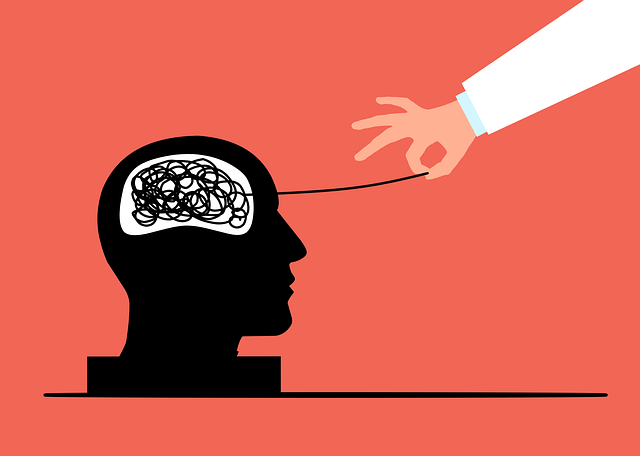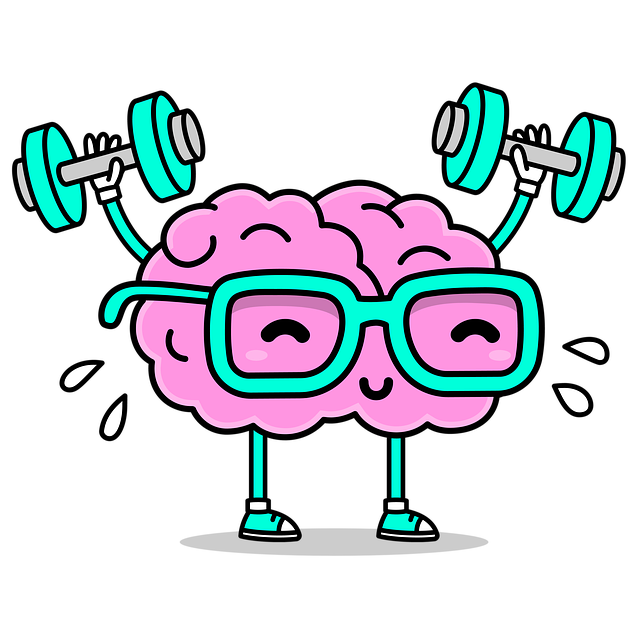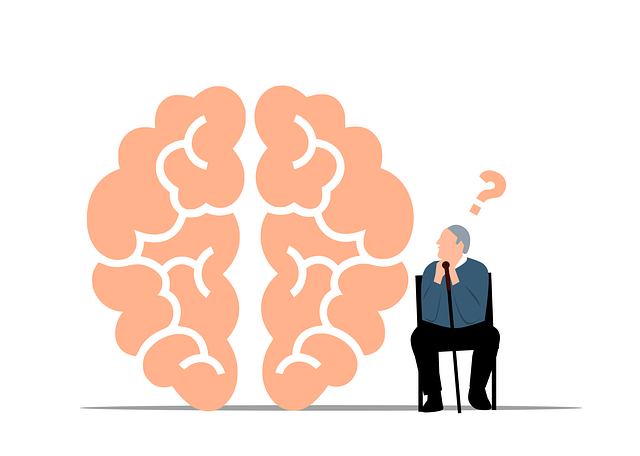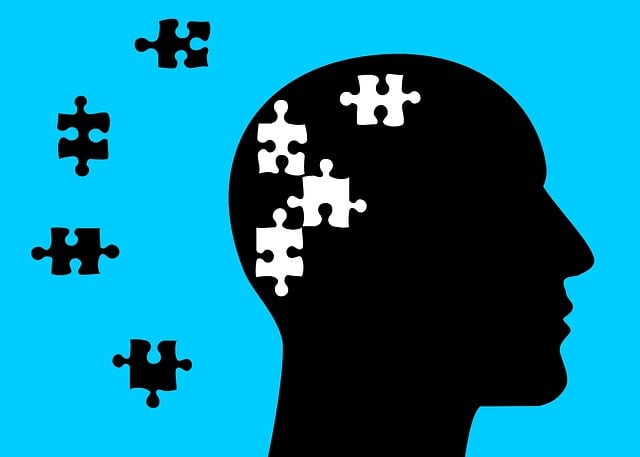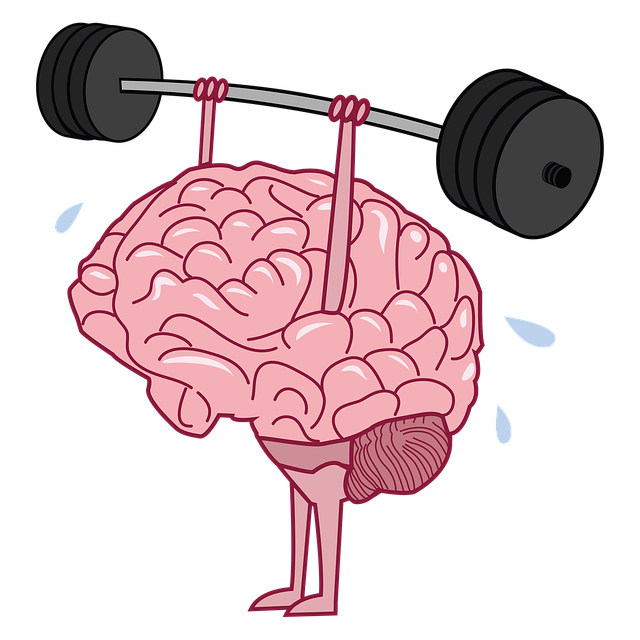Burnout among healthcare providers is a growing concern impacting both their well-being and patient care quality, with early signs like emotional exhaustion, depersonalization, and reduced personal accomplishment. Challenges include heavy workload, lack of control, and poor work-life balance, which can strain relationships in blended families, leading to increased stress and tension. Vital strategies for prevention involve promoting coping skills, self-care practices, and cultural competency training. Specialized support like therapy for adults in blended families, stress management workshops, and cognitive behavioral therapy (CBT) help mitigate burnout risks and improve mental health within these complex family structures.
Healthcare provider burnout is a growing concern, impacting both individual well-being and patient care. This article explores comprehensive strategies to prevent and address burnout among healthcare professionals, focusing on the unique challenges faced by those in blended families. We delve into recognizing burnout’s symptoms and causes, offering tailored support systems and effective therapy approaches, specifically for adults navigating complex family dynamics. By implementing these strategies, we aim to enhance resilience and promote a healthier work-life balance within the medical community, including individuals in blended families who require specialized care, such as Therapy for Adults Blended Families.
- Recognizing Burnout in Healthcare Providers: Symptoms and Causes
- Blended Family Dynamics and Burnout: Unique Challenges and Support Strategies
- Effective Therapy Approaches for Adult Burnout in the Context of Blended Families
Recognizing Burnout in Healthcare Providers: Symptoms and Causes

Burnout among healthcare providers is a growing concern, impacting both individual well-being and patient care quality. Recognizing burnout early is essential for effective prevention and intervention strategies. Healthcare professionals often exhibit a range of symptoms, including emotional exhaustion, depersonalization, and reduced personal accomplishment. These signs may manifest due to heavy workload, lack of control over work processes, and poor work-life balance—common challenges faced by those in the medical field.
The impact of burnout can be profound, affecting not just providers but also their patients and families. For instance, in blended families where a healthcare provider is involved, unaddressed burnout may lead to increased stress and tension within the household. Therefore, promoting coping skills development and self-care practices among these professionals is vital. Healthcare provider cultural competency training can also play a role by fostering an inclusive environment, reducing potential triggers related to cultural differences, and enhancing overall job satisfaction.
Blended Family Dynamics and Burnout: Unique Challenges and Support Strategies

In today’s fast-paced world, healthcare providers often face unique challenges within their personal lives, particularly those in blended families. The dynamics of stepparents, stepchildren, and blended siblings can introduce complex emotional and logistical issues that contribute to stress and burnout. These situations may require specialized support strategies to navigate the unique challenges that arise from family structures that combine biological and step-relationships.
Therapy for adults in blended families can be a powerful tool for addressing these complexities. It provides a safe space to process emotions, set boundaries, and develop coping mechanisms. Stress management workshops and organization techniques can also empower individuals within these families to manage their responsibilities more effectively. By incorporating anxiety relief strategies and focusing on depression prevention, healthcare providers in blended families can enhance their resilience and overall well-being, thereby reducing the risk of burnout.
Effective Therapy Approaches for Adult Burnout in the Context of Blended Families

Burnout among adults in blended families can be particularly complex, as they often juggle unique emotional and logistical challenges. Effective therapy approaches tailored to this demographic are crucial for addressing burnout. One promising method is Cognitive Behavioral Therapy (CBT), which helps individuals identify and challenge negative thought patterns and encourages positive thinking. This approach can be beneficial in managing stress and improving overall well-being.
Additionally, Social Skills Training and Communication Strategies can play a pivotal role in mitigating burnout. By enhancing communication within blended families, individuals learn to navigate complex dynamics, reduce conflict, and foster a more supportive environment. These strategies promote better understanding, empathy, and connection, ultimately contributing to lower stress levels and improved mental health.
Healthcare provider burnout is a complex issue, exacerbated by unique challenges like blended family dynamics. Recognizing symptoms early and implementing targeted support strategies are crucial steps in prevention. Additionally, tailored therapy approaches, such as those specifically designed for adults in blended families, offer effective avenues to address underlying issues. By adopting these strategies, healthcare professionals can enhance well-being, improve patient care, and foster a more sustainable career trajectory.

